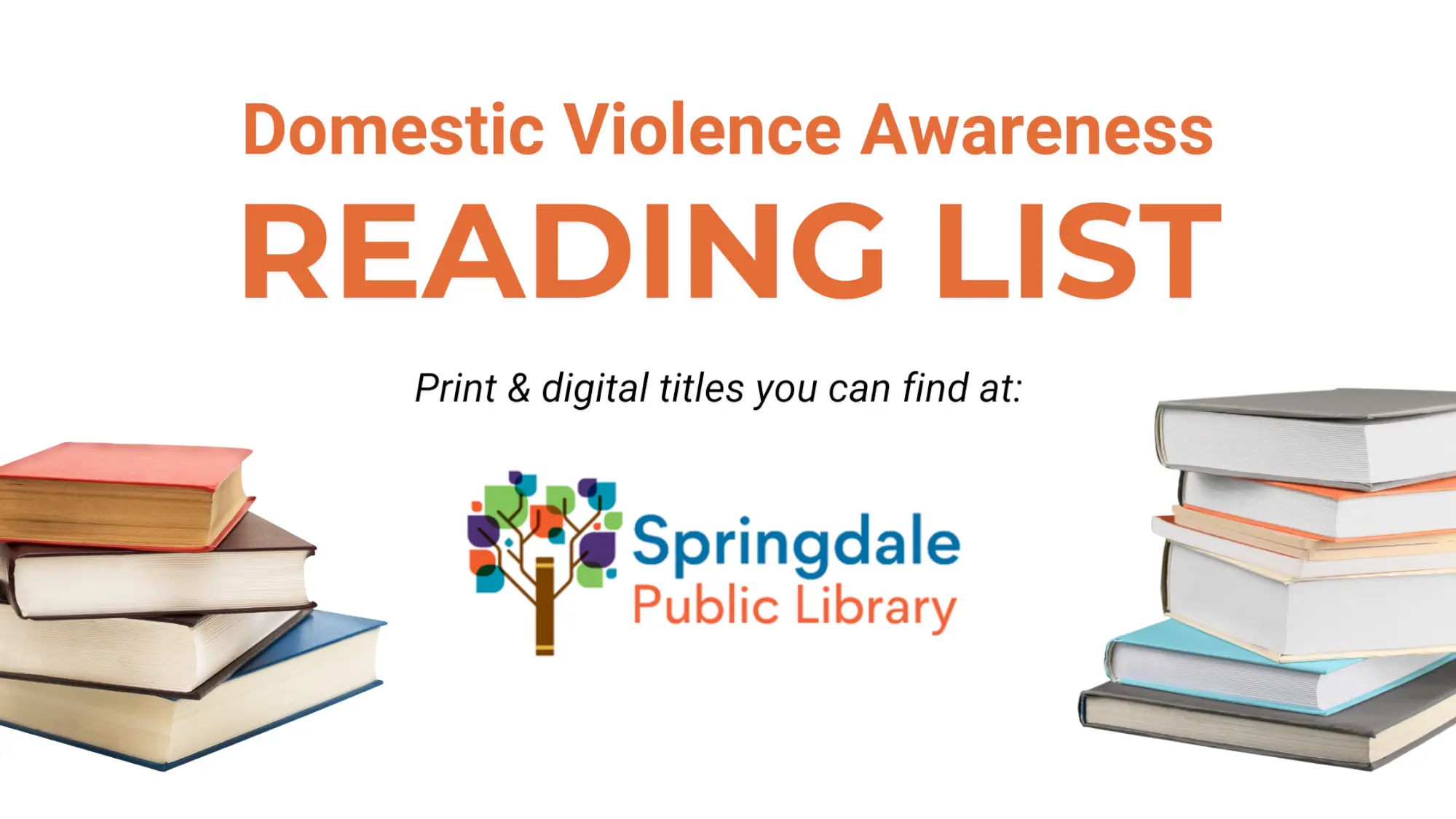
A common question someone in an abusive relationship may hear is
"Why don't you just leave?"
On average, a victim of domestic violence (DV) attempts to leave seven times before leaving their abuser permanently. Attempting to leave an abusive partner is one of the bravest things that a survivor of domestic violence can do, but it is also the most dangerous. According to the National Domestic Violence Hotline, 75% of domestic homicides occur after the victim leaves the abuser.
If an abuser finds out about their partner's escape plans, they may be afraid of losing power and control and choose to retaliate. Will the abuser harass them online, stalk them at work, tell all their friends and family damaging secrets or lies about them? The abuser may try to track them down and harm them out of anger, and this risk is why obtaining an Order of Protection is so important, which Peace at Home advocates can assist with.
Victims in abusive relationships are experts on their own safety. They are familiar with the eggshells that they walk over. They learn aversions to certain topics of conversation to avoid their partner's anger. They may have a mental, or even physical, list of the reasons why they stay and the reasons why they would leave. If they are afraid of leaving their abusive partner, they have valid reasons.
In addition to the risk of escalated violence, there are many other barriers to leaving an abusive relationship. A victim may find themselves with a lack of resources, or resources that are intentionally restricted by the abusive partner. Financial abuse is when an abusive partner gatekeeps the income in the household by preventing their partner from working or having access to money. They may even give their partner small allowances or nothing at all, to psychologically manipulate and limit their partner's freedom.
A couple could also share assets, making it difficult for the victim to split off. If both are co-owners of a vehicle, will the survivor be able to take the car with them when they leave? If they do take it, will the abuser threaten to take legal action? The victim may be legally tied to bills with their partner and would not be able to afford those in addition to a separate rent payment if they were to leave. It may not be feasible for them to save for the upfront costs of obtaining a new place, such as the application fee, utility fees, deposit, and first month's rent.
There are specific difficulties that arise if there are children involved. The children may have to move homes, school districts, adjust to a new lifestyle, and simultaneously process the traumatic family events. This may present some new difficult behaviors, emotions, and household dynamics which add to the survivor's stress.
On top of this, if the victim was unable to take a car when they left, how will they take the kids to school or go to work or attend court dates? A legal custody case could follow separation which is expensive and emotionally draining. What if the abuser falsely accuses the victim of abusing or neglecting the children? For a parent who is trying to make the best decision for themselves and their children, a potential custody battle with an abuser sounds like a nightmare.
The victim may be reluctant to share with others what is happening in their relationship. In the past, they may have experienced people blaming and shaming them for their situation when they have tried to open up, causing them to further distance themselves. The abuser may intentionally isolate the victim by moving them further from family, creating rules about who the victim can spend time with and how, and humiliating the victim in front of others. If the victim has a smaller or non-existent social circle, they are more likely to depend on the abuser.
A person may rationalize that it is "easier" to stay in the harmful household dynamic because at least they know what to expect. Stirring the pot by packing up and leaving may elicit dangerous reactions from the abuser. Domestic violence shelters exist to address these barriers and help victims of domestic violence find safety and self-sufficiency.
Peace at Home Family Shelter has several helpful services, all completely free and optional.
Call us on our 24/7 Help Line at 479.442.9811 to chat with an advocate about how we can assist you or someone you know! Hablamos español.



